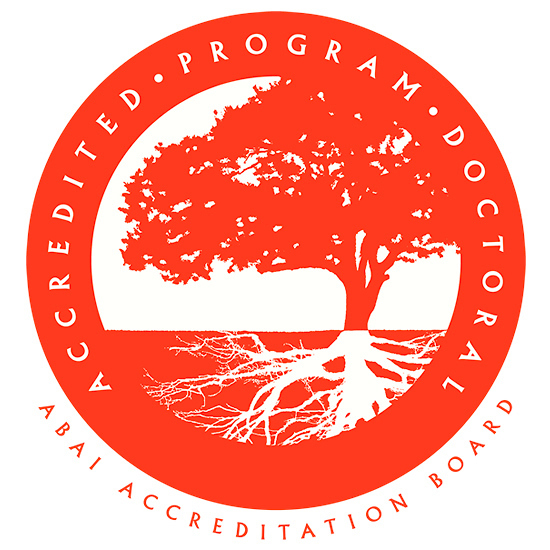Applied Behavior Analysis
- Home
- Academics
- Majors & Programs
- Psychology, Ph.D.
- Program Details
- Applied Behavior Analysis
Applied Behavior Analysis is a scientific discipline that involves the use of the principles of learning to design, implement and evaluate strategies that promote socially significant improvements in behavior.
Applied Behavior Analysis Ph.D. cohorts are typically two to three students per year.
Program Overview
The scope of behavior analysis is wide-ranging, including work in populations with developmental disabilities, in behavioral medicine, educational settings, non-profit organizations, and many others with emphasis placed on providing evidence-based intervention services. Students will the opportunity to work with faculty with expertise in experimental, conceptual, and applied behavior analysis.
In their first two years, students in the ABA PhD concentration complete a course sequence which meets the coursework requirement for eligibility to the Board Certified Behavior Analyst examination. Students then complete a master’s research thesis, mentored by a Behavior Analysis Faculty member, and gain experience in practicum.
Post-Master's, students gain additional experience in applied practicum and research, complete advance coursework, and design, implement, and defend their dissertation.
For more information about the ABA Ph.D. program, including admission, degree and course requirements for a Ph.D. in Psychology, please see the current UNCW Graduate Catalogue.

